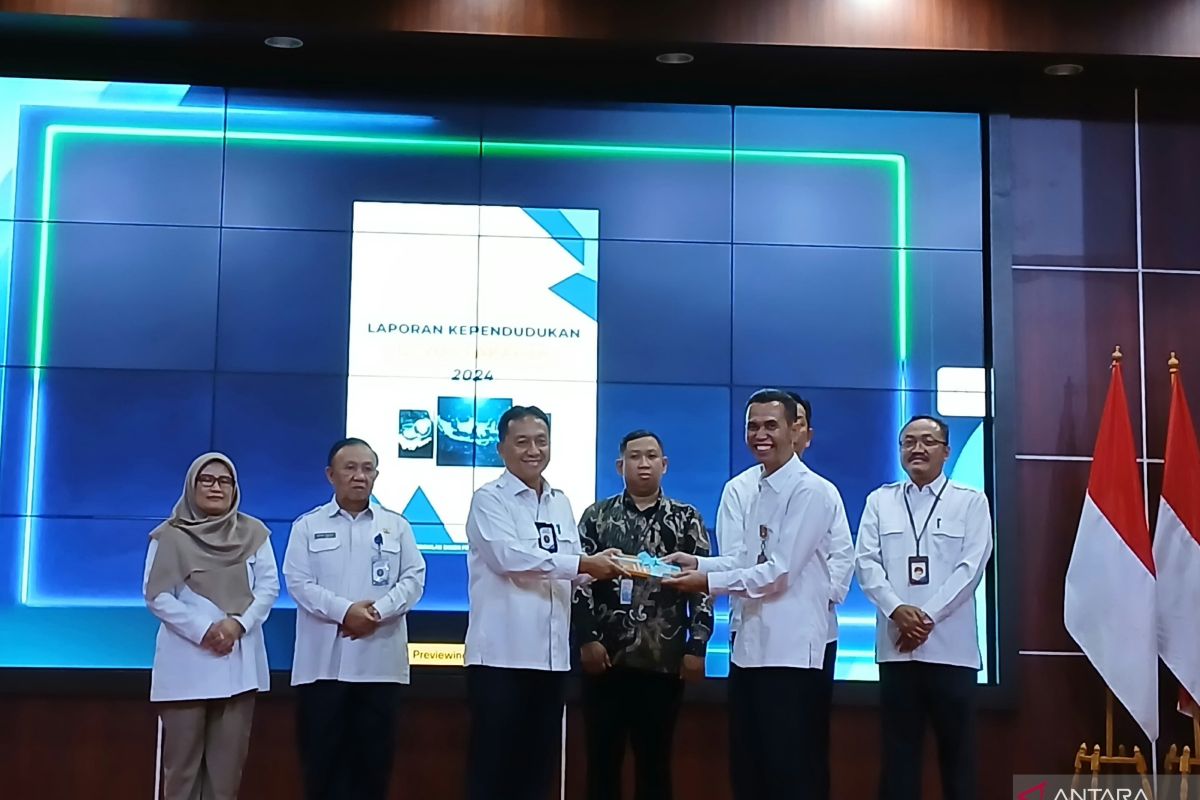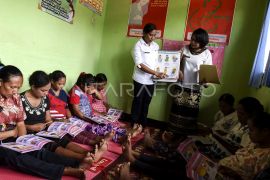"(If the Population Ministry is formed), we, including the deputies, are ready. We have the design, strategy, and data. Without data, we do not know what kind of programs we want to make," BKKBN Deputy for Population Bonivasius Prasetya Ichtiarto remarked here on Monday.
He emphasized that the establishment of the Ministry of Population must place population and family development as its main focus by using the data, population records at the national and provincial levels, and family data collection conducted manually by BKKBN.
"What is certain is that population remains the main focus because it covers multiple sectors, while the BKKBN is only focused on family development and planning. However, population is inseparable from family development," he remarked.
He drew attention to the fact that Indonesia still faces several population-related issues, such as keeping the population balanced by maintaining the total fertility rate (TFR) to no more than 2.1, while Indonesia's current TFR is 2.18.
The country also faces unmet needs for contraception in family planning efforts and still strives to reduce the stunting rate.
"Family development is the essence of human resources in Indonesia. We still have lots of work and even though the maternal and infant mortality rate has decreased, our target is oriented towards sustainable development," Ichtiarto remarked.
President Joko Widodo has set a target to reduce the national stunting prevalence rate to 14 percent in 2024, but based on the 2023 Indonesian Health Survey, it remained at 21.5 percent.
To tackle this, the BKKBN and other stakeholders continue to conduct interventions, such as weighing and measuring toddlers.
Related news: Age group data vital for successful Free Meals program: BKKBN
Related news: BKKBN seeks to boost modern contraceptive use to 63.41 percent
Translator: Lintang P, Kenzu
Editor: Rahmad Nasution
Copyright © ANTARA 2024












